PSHCE
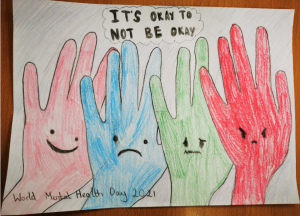
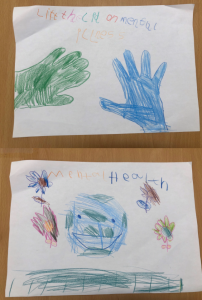
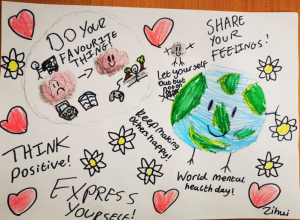
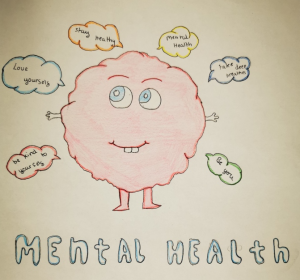
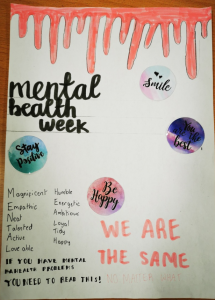
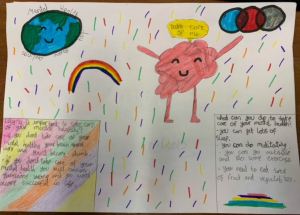
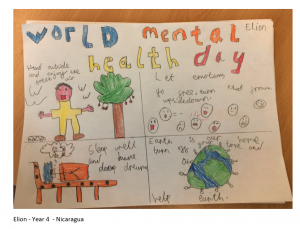
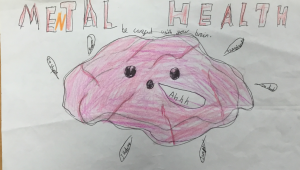
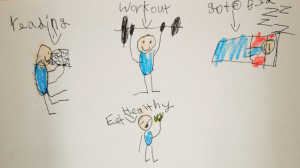
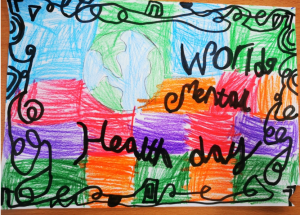
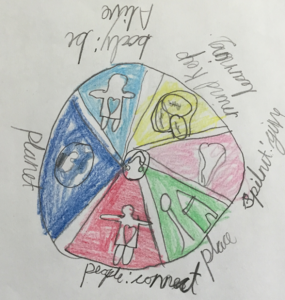
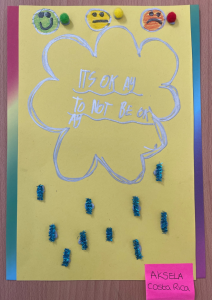
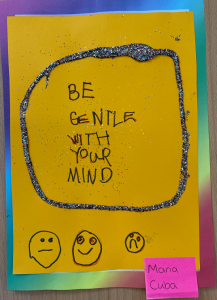
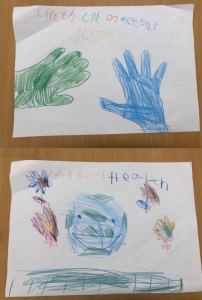
At Alexandra Primary School we believe that Personal, Social, Health, Citizenship Education (PSHCE) and Relationship, Sex and Health Education (RSHE) helps to give pupils the knowledge, skills and understanding they need to make informed choices, lead confident, healthy, independent lives, in order to become active and responsible citizens.
Through PSHCE and RSHE, we aim to give children the tools to make sense of their personal experiences, to understand and manage their feelings and to successfully navigate the world that they are growing up in.
We are a rights respecting school and our PSHCE curriculum is connected to the four key areas; well-being, participation, relationships and self-esteem. It promotes the values of respect, dignity and non-discrimination.
How is PSHCE taught across Key Stages?
Early Years
In Early Years PSED (Personal, social and emotional development) is split into three areas:
- making relationships
- self-confidence and self-awareness
- managing feelings and behaviour
The school fosters and develops relationships between home, school and local community. Children are encouraged to learn to work, share, take turns and co-operate with others. They are encouraged to be independent and make choices for themselves. They are also encouraged to be sensitive to the needs of others and to respect other cultures and beliefs. Children are enabled to become confident and develop a positive self-image.
KS1 and KS2
We follow the Jigsaw scheme of work. This is a mindful approach to PSHCE which brings together Personal, Social, Health Education, emotional literacy, social skills and spiritual development in a comprehensive scheme of learning.
- Being Me in My World
- Celebrating Difference
- Dreams and Goals
- Healthy Me
- Relationships
The whole school curriculum map can be viewed here: curriculum map
Children are taught a lesson a week. Teaching strategies are varied and are mindful of preferred learning styles and the need for differentiation. Jigsaw is designed as a whole school approach, with all year groups working on the same theme (Puzzle) at the same time.
PSHCE in the curriculum
PSHCE is also taught across the curriculum.
In science, the National Curriculum states that pupils must be taught about how bodies change as people grow and age.
In computing, children learn about the risks that they may face online and rules for internet safety.
In PE, children learn different ways of keeping fit and active. They might reflect on how their bodies feel after physical activity, for example by taking their pulse or discussing how their breathing has changed.
PSHE is delivered implicitly as well as explicitly, through many areas of school life. Assemblies, circle time, buddy or mentoring schemes and campaigns like Anti-Bullying Week all teach children the principles of PSHCE
RSHCE
Under the new statutory guidance issued by the DfE, Relationships, Sex and Health Education is now compulsory. The aim of Sex and Health Education is to give pupils the age appropriate information that they need, to make good decisions about their physical and mental health and wellbeing. The focus of Relationship Education is about teaching the fundamental building blocks and characteristics of positive relationships, with family members, other children and adults.
The unit ‘Changing me’ covers this content. Our RSHE policy can be viewed here. RSHE policy 2021
The content of the RSHE lessons can be viewed here RSHE curriculum content
The non-statutory lessons are highlighted in red.